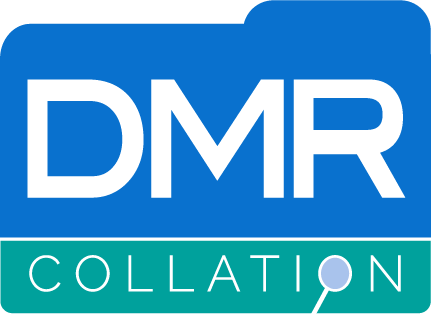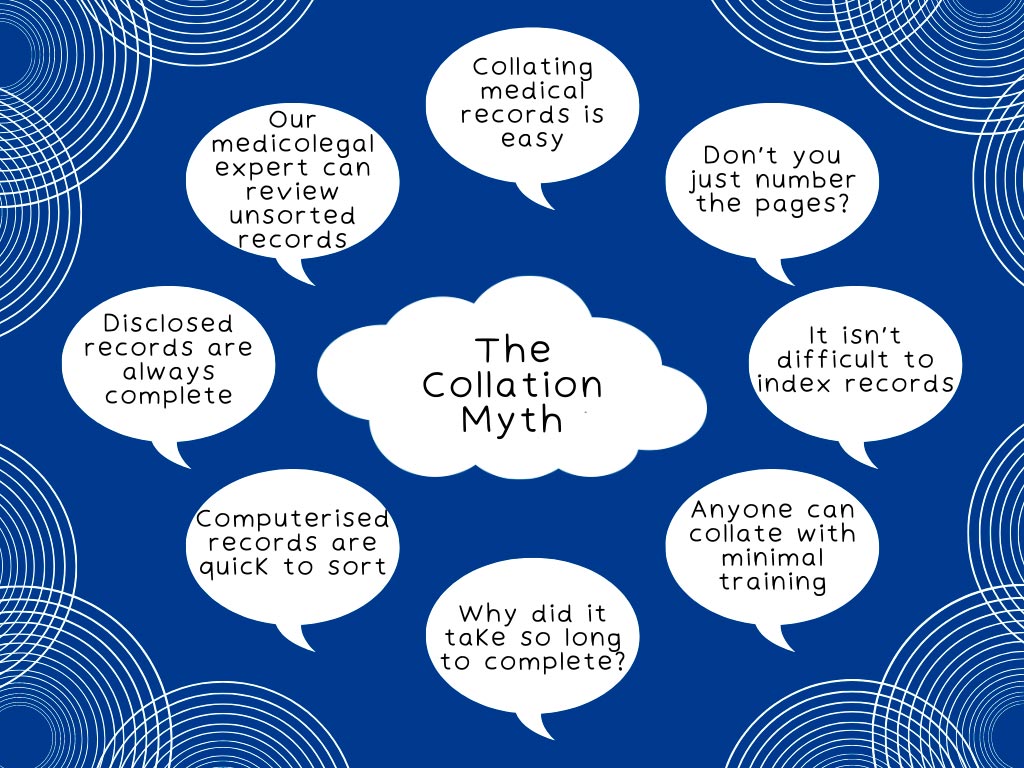
As all those who are in the know understand, collating medical records is a much more complex and time-consuming task than simply numbering pages, a fact which isn’t helped by our industry name as “paginators”.
The work that paginators do in the legal industry is very much understated and often undervalued. Unless you have completed this type of work yourself in some capacity, you will likely not appreciate the skill and knowledge which goes into completing pagination work in a professional, efficient and cost effective manner.
Whilst some organisations keep their records in meticulous order, many do not, and that is where the work completed by pagination, aka collation, companies become invaluable. An experienced collator has the skills and knowledge to easily recognise medical documents and present them in an easy to navigate order, whilst at the same time completing the most important part of all, which is to identify what crucial records are missing.

Lots of factors interplay in collation work, such as record size, type, quantity of duplicate records, whether the records can be clearly read and whether they contain third party data.
As a general rule, the larger the size of records the longer it will take to collate. If large sets of computerised record print outs are disclosed, whilst these often take less time to collate, they usually take longer to index and bookmark to identify where each record type is within the printout, and they normally also take longer to review, as each page will contain a lot more data and often the records are printed out as a data dump rather than in an easy to review format.
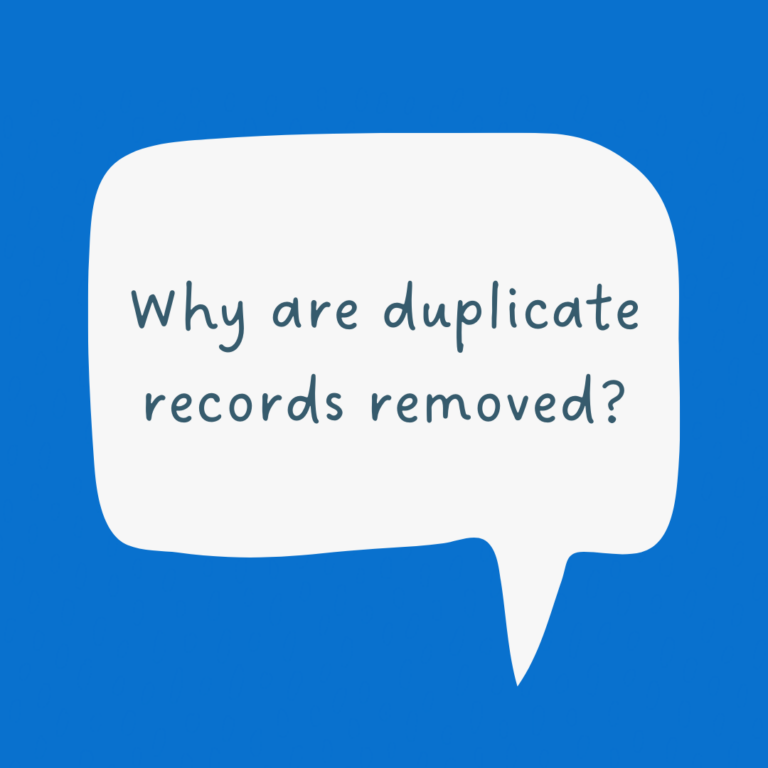
The main function of a pagination company is to save consideration time later on for the end user.
If a medicolegal expert has to review several copies of the same document this will result in additional perusal time being required and, therefore, additional costs being incurred.
If duplicate records from the same medical sets are removed, this reduces the overall consideration time required by all other parties involved in the case.
However, removal of duplicate records can be time consuming. Firstly, records have to be ordered chronologically so a duplicate record can be easily recognised and secondly, the collator needs to be familiar with the record set in order to be able to identify the records as being a duplicate.
Duplicate records can often look a little different to each other, i.e. a pathology report or letter may be disclosed on a letter headed version in addition to a blank print-out and this will take additional time to recognise as being the same report or letter.
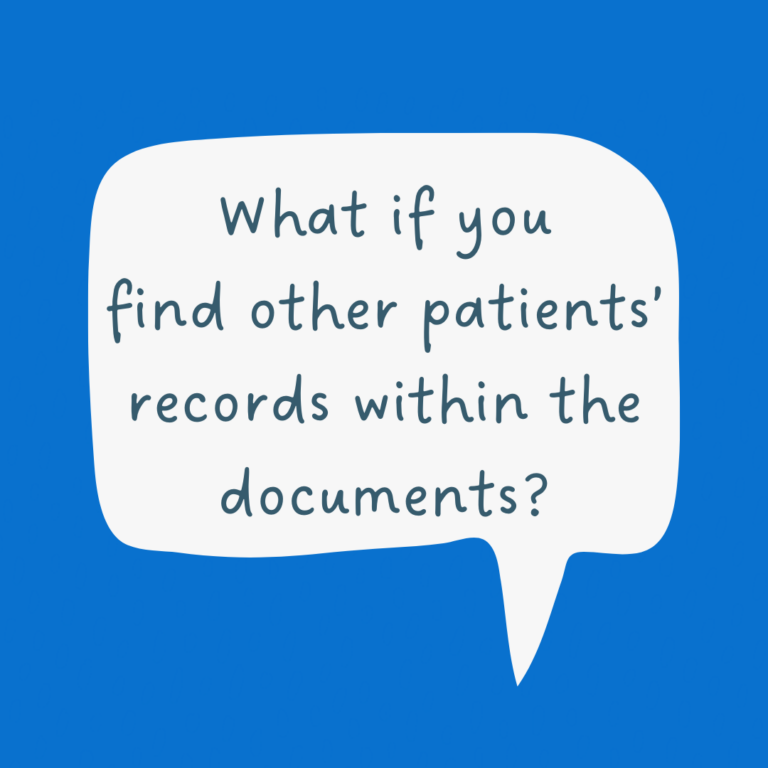
The records also have to be reviewed to ensure no third party data has been mistakenly disclosed. Unfortunately, it is increasingly common to find records belonging to different patients, accidentally filed and subsequently disclosed with the Claimant’s own medical records. Not only does this have data protection implications, but it also adds to the overall consideration time as every record needs to be checked to ensure it belongs to the right patient.
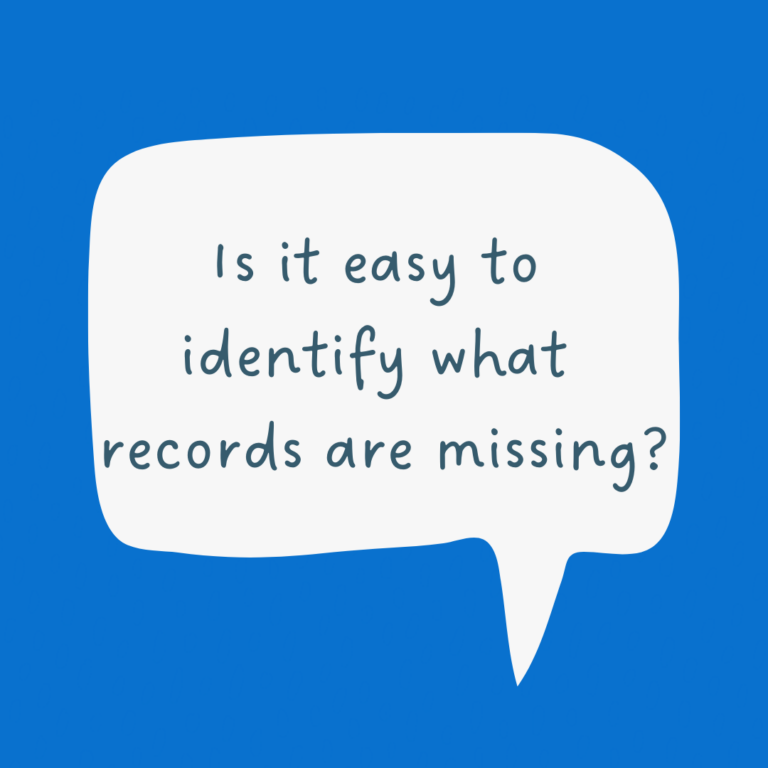
The identification of missing records can be complexed process in itself.
Firstly, you need an ordered set of records to start with to easily be able to spot what is missing. Collators will identify obvious missing records but then it is passed over to the nurse analyst to identify less clear missing records from reviewing the collated records in full. Records may be identified as missing which aren’t relevant to the case, so you also need a skilled analyst to identify what relevant records are missing.
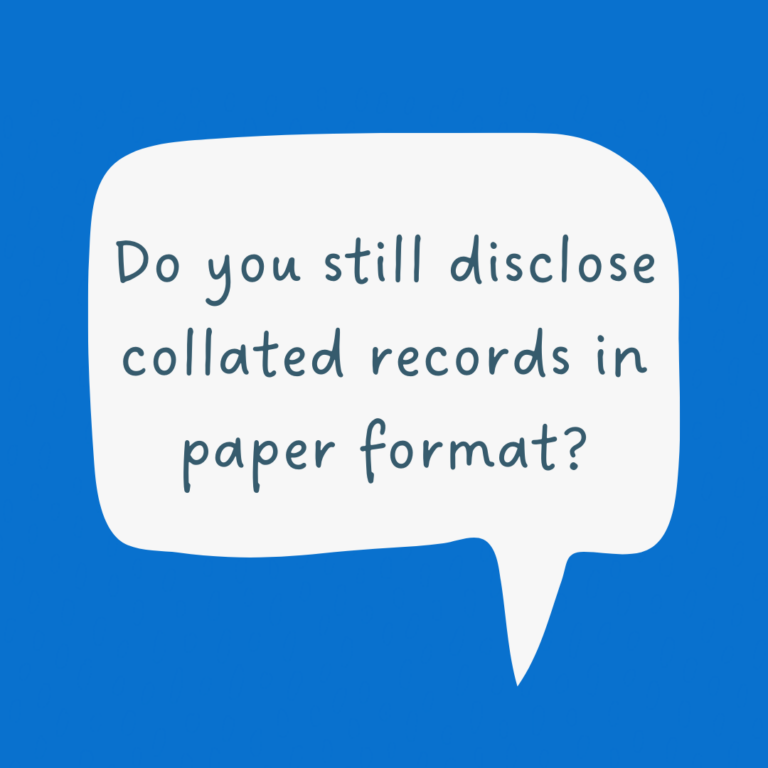
Collation work has now become very much digital. Gone are the days where records were hand paginated with trodat paginators!
Records are now collated, digitally scanned, electronically bates numbered and appropriate properties applied to the individual pdf records to make them searchable and bookmarked.
These digital files are then easy to circulate and share without the incurring additional unnecessary printing and courier costs.
Pagination companies therefore need the equipment and skills to cope with processing records in this way and the means to share/return work securely.
That’s not to say we won’t produce a paper version of the collated records for our clients if requested, but the norm now is for digital versions only.
